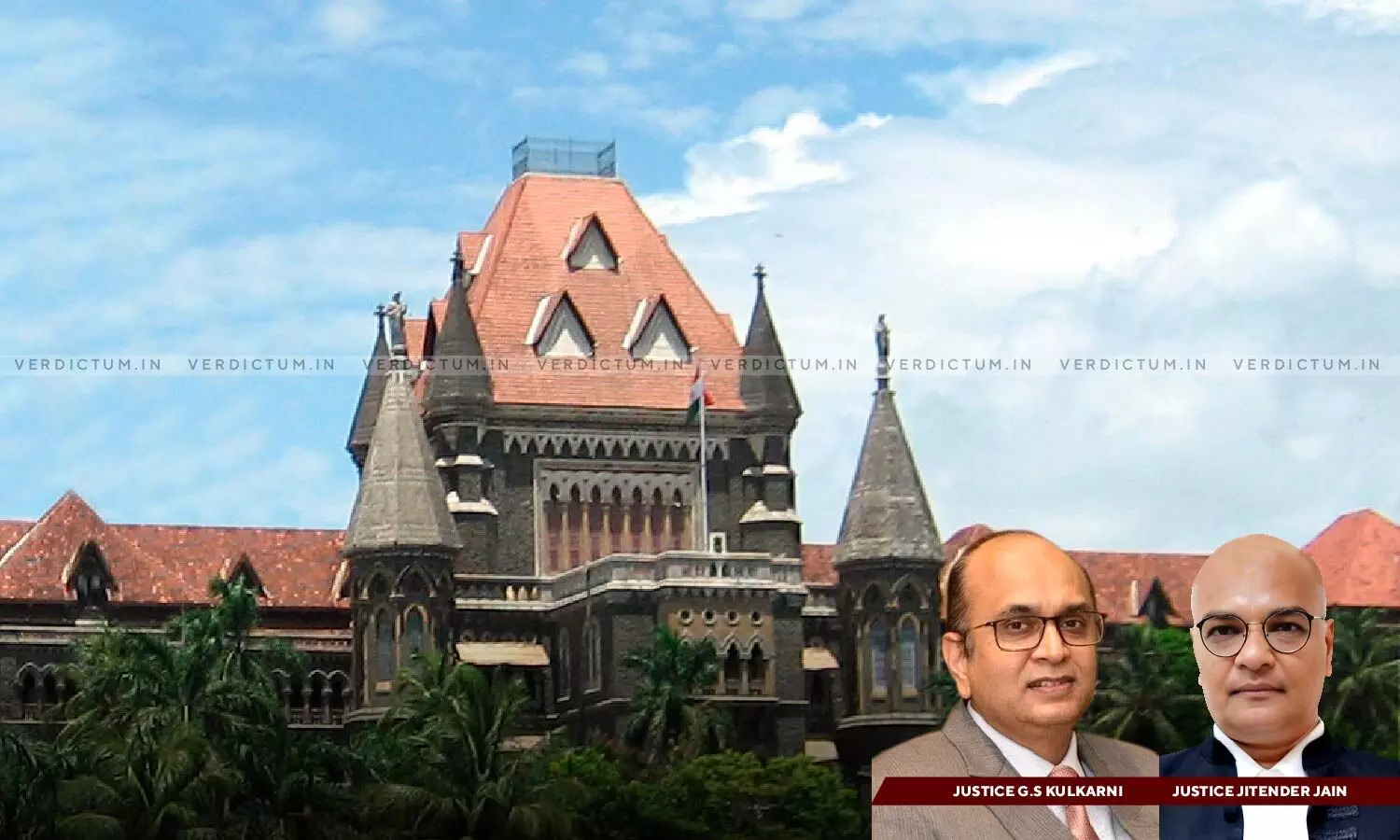
Penalty U/s. 112(A) Of Customs Act Will Not Be Applicable Once Order For Confiscation Of Goods Stands Quashed: Bombay HC
 |
|Observing that Section 125 of the Customs Act provides that whenever confiscation of any goods is authorized by this Act, the officer may give to the owner of the goods an option to pay in lieu of confiscation such fine as the said officer thinks fit, the Bombay High Court ruled that provisions of Section 125 of the Customs Act get attracted only if there is a confiscation of goods because redemption fine is in lieu of confiscation of goods.
Finding that the CESTAT has set aside the order of confiscation of goods and the said finding of the Tribunal setting aside the order of confiscation of goods is not challenged by the Revenue, the High Court clarified that the question of redemption fine in lieu of confiscation would not arise.
The Division Bench of Justice G S Kulkarni and Justice Jitendra Jain observed that “the Tribunal has set aside the order of confiscation and the said finding has not been challenged in this appeal. The appellant/revenue is wrong in saying in question(b) that the Tribunal has confirmed the confiscation. Therefore, the appellant/revenue has accepted that the goods were not required to be confiscated. If that be so, the penalty under Section 112(a) is concerning such goods liable for confiscation. The confiscation order having been set aside, the penalty under Section 112 (a) is also consequently not applicable”.
The Bench clarified that when the Revenue has accepted that the goods were not required to be confiscated, then the confiscation order having been set aside, consequently the penalty under Section 112 (a) is also not applicable.
Advocate JB Mishra appeared for the Petitioner, whereas Advocate Vijay Purohit appeared for the Respondent.
The brief facts of the case were that the imports made by the assessees were self-assessed under section 17(1) of the Customs Act, 1962, they being the ACP Clients. They had imported various parts of Aircraft classifiable under heading 8802 and cleared them by availing the benefit of exemption under notification no.1/2002-Cus dated Mar 01, 2002, as amended by notification no.37/2007-Cus dated Mar 07, 2007. The exemption availed was subject to condition 102, prescribed by the notification as per the Audit Report of Pee Dee Kapur and Co. (the Chartered Accountant appointed by the appellant for internal audit purposes) for the period 2010-12, the value of short found parts was Rs.4.36 crore and excess found parts was Rs.3.08 crore. Based on the Audit Report and recommendations made during the Onsite Post Clearance Audit (OSPCA), investigations were undertaken and a show cause notice was issued demanding a customs duty of Rs.1.47. Excess goods found valued at Rs.3.08 crore were confiscated; however, the option was given to redeem the same on payment of a redemption fine of Rs.50 lakhs. Further, a penalty of Rs.25 lakhs was also imposed on the appellant. When the matter reached CESTAT (Tribunal), the demand of duty was confirmed on the ground that the assessee has not been able to satisfy the post-importation condition in respect of shortages determined. However, the Tribunal set aside the order of confiscation of the goods and redemption fine. The Tribunal also quashed the penalty imposed under Section 112(a) of the Customs Act. Hence, Revenue has approached the High Court.
After considering the submission, the Bench noted that the sequitur of not challenging the setting aside the order of confiscation of goods brings about a result of the Revenue taking a position that provisions of section 111 of the Act dealing with confiscation do not apply to the case of the assessee.
If that be so, the question of imposing a redemption fine in lieu of confiscation would not arise, stated the Bench.
Answering to the contention that in the Order-in-Original, the adjudicating authority had observed that the goods were released under bond and therefore, redemption fine is imposable on these goods, the High Court observed that the Tribunal has given a categorical finding of fact that the goods were never seized or released provisionally against bond and bank guarantee.
On a query to the Revenue to produce any bond or any bank guarantee against which the goods were released provisionally, the High Court found that the Revenue could not produce the same, and therefore, this finding of fact that goods were not released against bond and bank guarantee stands uncontroverted.
“The Tribunal also took note of the fact that the entire case is made based on the report prepared by the external auditors as part of internal assessment and control mechanism adopted by the assessee to verify and manage the inventory of imported goods and, therefore, there is no deliberate act on the part of the assessee to evade the duty”, added the Court.
Accordingly, the Bench concluded that when findings of facts based on which penalty has been set aside, were not alleged as perverse, no question of law would arise.
Cause Title: Commissioner of Customs (Import) v. Air India Ltd.
Click here to read/download the Judgment